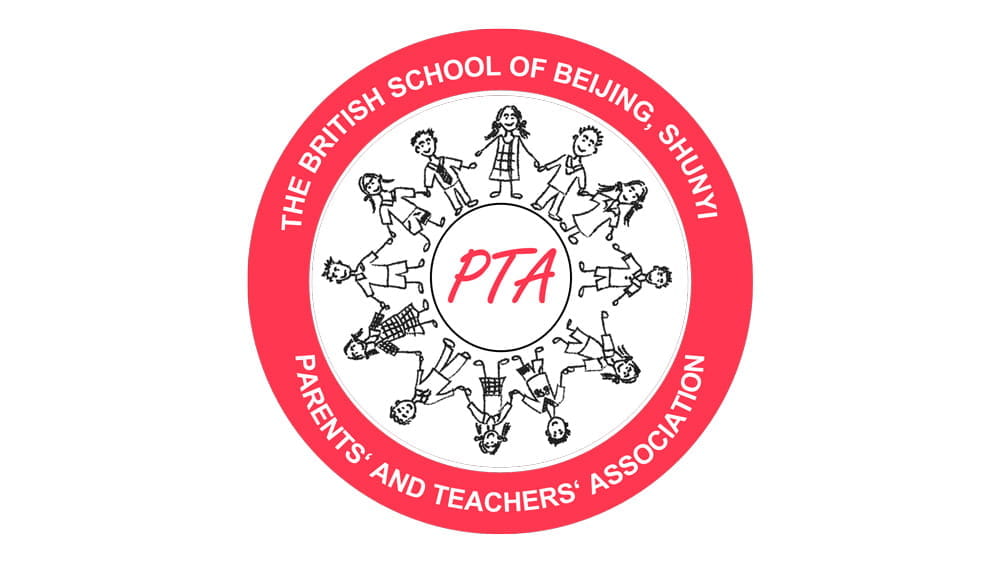1. What is unique about the curriculum?
The huge strength of the ENC curriculum is that it is highly structured, from the Early Years to age 14, with progress measures throughout this time, so that teachers and parents know exactly how well a student is achieving, and how well s/he is being taught. Pupils’ progress is benchmarked against the expectations from the curriculum, and against all the other schools.
After the age of 14, students enter two years of preparation for the (International) General Certificate of Secondary Education (IGCSE) examination, taken at age 16. This is one of the only curricula which has internationally- recognised qualifications in every single subject at this age, and these are accepted by the best schools from Korea to the USA, and everywhere in between. Because students become accustomed to examinations at this stage, they are very well-prepared for study beyond the age of 16, as they enter the International Baccalaureate (IB) Diploma programme – now followed by the majority of international schools worldwide – or other courses of study. IGCSE is therefore widely accepted as an excellent foundation for this next stage.
“The other huge value of the ENC is that it is highly adaptable to the international school setting. At the British School of Beijing Shunyi, they offer unique enhanced learning experiences whilst still delivering the full requirements of the ENC. For example, through their collaboration with The Julliard School in New York, they have co - created a new embedded performing arts programme and in collaboration with Massachusetts Institute of Technology (MIT) in Cambridge, Boston, they have developed a new approach to teaching the STEAM subjects.”
2. How is it applied?
The ENC is divided into six ‘Key Stages’ (KS 0 -5) which are structured to build on each other to ensure progression and the highest rigour in standards achieved. Key Stage 0 is also known as the Early Years Foundation Stage, in which children undertake a well-planned programme of learning through play up to the age of 5, and gradually develop their core understanding of reading, writing, mathematics, and the other key skills required for the compulsory stages of education.
The ENC is well regarded because of the careful structure of this stage, which lays the foundations for future education. Key Stage 1 and 2 cover the rest of primary education to age 11, with regular assessment against international benchmarks, and laying the ground for secondary school and preparation for university and careers in the future.
Key Stage 3 (ages 11-14) builds on this as children make the transition to secondary, and encompasses deeper study of the same core and foundation subjects including English, Mathematics and Science, along with the Humanities/Social Sciences, Art and Technology, Computing, Foreign Languages, Music, Physical Education.
At Key Stage 4, where students take the IGCSE qualifications, the core of English, Mathematics and Science (taught as three separate science Biology, Chemistry and Physics) remains, whilst student are guided in their choice of a suite of other disciplines from the above but also adding options as wide-ranging as Economics, Psychology and Drama.
For their final years of school education, the British system is more diverse. Students may choose to follow the narrower and more focused A level programme, which is well accepted by universities, but more and more schools are now choosing the IB Diploma programme, which maintains rigour and breadth and includes components that prepare students well for the intensity of high level university study.
3. How well does this education system prepare students for the real world?
Universities and employers across the world recognise the British education system and hold it in high regard. The ongoing development of the curriculum to encompass skills that employers are seeking, such as leadership, teamwork, problem-solving, global awareness, digital literacy, breadth of thinking and creativity give the ENC high standing when compared to more linear ways of learning.
The ENC also places a premium on Personal, Social, Health, and Economic Education which, alongside the framework of academic excellence, respect and good manners which typifies the system, ensures personal development is also at the heart of education.
Because of the flexibilities offered to be creative within an academically rigorous framework, and the mission of the English National Curriculum to nurture students not just academically but also morally, culturally, spiritually, aesthetically and physically, it does provide for students to achieve the goal of true 21st century global citizens in a quite unique way.
4. Where is it offered?
The English National Curriculum/British curriculum is found in schools around the world in very significant number. Indeed, there are very few major cities housing international schools where a British curriculum model cannot be found. It is well worth looking into school websites to check this out because the school name may not readily provide a clue. The ‘British School of….’ is clearly an indicator but other school groups, and indeed individual schools, may well choose the curriculum because of the opportunities it offers to students.
Andy Puttock
Principal





